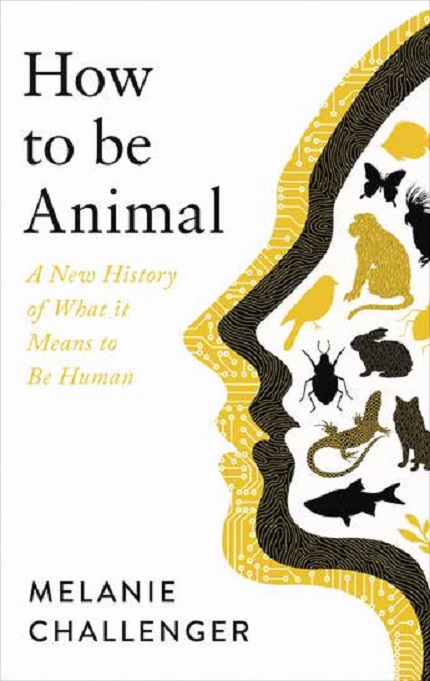Combining nature writing, history and moral philosophy, this is a wide-ranging and radical new take on the human story and what it means for us today.
Humans are the most inquisitive, emotional, imaginative, aggressive and baffling animals on the planet. But how well do we really know ourselves?
How to Be Animal writes a remarkable story of what it means to be human and argues that at the heart of our psychology is a profound struggle with being animal. As well as piecing together the mystery of how this psychology evolved, the book examines the wide-reaching ways in which it affects our lives, from our politics to the ways we distance ourselves from other species. We travel from the origins of Homo sapiens through the agrarian and industrial revolutions, the age of the internet, and on to futures of AI and human-machine interface. We examine how technology influences our sense of our own animal nature and our relationship with the other species with whom we share this fragile planet.
Drawing on new evidence from a wide range of disciplines, Challenger proposes that being an animal is a process, beautiful and unpredictable, and that we have a chance to tell ourselves a new story, to realise that if we matter, so does everything else.
Melanie Challenger works as a researcher on the history of humanity and the natural world, and environmental philosophy. She is the author of On Extinction: How We Became Estranged from Nature. She received a Darwin Now Award for her research among the Canadian Inuit, and the Arts Council International Fellowship with the British Antarctic Survey for her work on the history of whaling.

